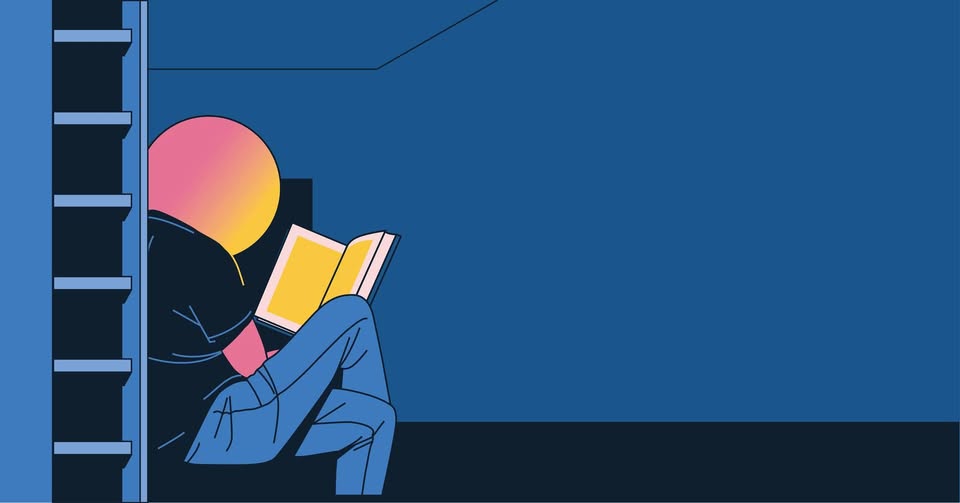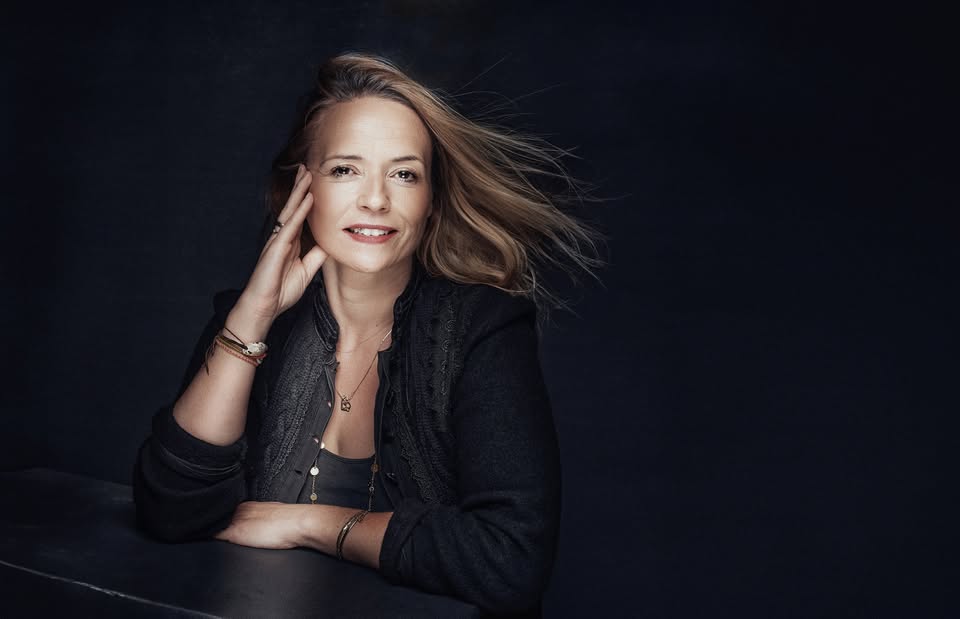January 20, 2025, 7:00 PM
🔹 The meeting with the poets will be led by Zofia Król
🔹 Foyer of the New Theatre
🔹 Free admission
New book: “Poltergeist” by Urszula Honek, “Glif” by Julia Fiedorczuk, Warstwy Publishing
🔹“Poltergeist” by Urszula Honek
Urszula Honek, an author nominated for the International Booker Prize, the “Polityka” Passport, the Gdynia Literary Prize, and the Witold Gombrowicz Literary Prize, a laureate of the Kościelski Foundation Award and the Conrad Award – returns with a new volume of poetry. “Poltergeist” is a portrait of grief and absence, whose reverse is an unceasing presence; it is a chronicle of life in the shadow of tragedy – a life where the boundary between memories, imagination, and reality blurs. The subject is accompanied by images from childhood, dreams, the static of the radio or television, surprising yet somehow familiar sounds. Honek writes: “It is easiest to remember someone’s voice, but not the conversation.” In a shocking way, she reveals the longing for a deceased friend – love and despair. Her poems are as uncomplicated as daily activities and (like them) full of meaning and emotion.
“Poltergeist” is organic poetry. Readers not only observe the world of the characters in these poems – people, animals, spirits. They become part of it, experiencing overwhelming loss together with the subject, feeling the warmth of sunlight streaming into the room, hearing sounds, seeing the changing seasons. They close doors, open windows, turn on the light. Together with her, they wait for a sign.
The new book by the author of “Białe noce” puts the reader to the test, just as her characters are subjected to trials – trials of jumping, trials of voice. Relief comes unexpectedly, appearing at night, just like that which we fear the most. In this poetry, the sun rises and sets, and if you call out to someone you have lost – you will hear an answer.
Urszula Honek – author of the poetry collections Sporysz, Pod wezwaniem, and Zimowanie, as well as the short story collection Białe noce. She has published in “Piśmie,” “Dwutygodniku,” and “Tygodniku Powszechnym.” Winner of the Grand Prix of the Rainer Maria Rilke Poetry Competition, the Krakow UNESCO City of Literature Award, the Adam Włodek Award, and the Stanisław Barańczak Award as part of the Poznań Literary Prize. For Białe noce, she received the Kościelski Award and the Conrad Award, as well as nominations for the international Grand Continent 2022 award, the Witold Gombrowicz Literary Prize, and the “Polityka” Passport. She comes from Racławice near Gorlice.
🔹“Glif” by Julia Fiedorczuk
Julia Fiedorczuk, winner of the Wisława Szymborska Award, nominated for the Nike Literary Award and many others, returns with a new volume of poetry after seven years.
“Glif” is poetry that looks beneath the surface of the world to ask about the beginning, but finds answers about the end, delving into the depths of the earth, history, language. On the other hand – everything here is on the surface, in the senses, the angle of light. Julia Fiedorczuk's book is not only a collection of poems but also a philosophical treatise on time, identity, and permeation. The main characters are blood, a lake, sand, a ray of sunlight. And it is the same character. To whom does this world belong? And why do you leave traces?
“Glif” is a book that piercingly, almost painfully touches us, while simultaneously escaping our sight, describing the rising of the day, daily the same, yet completely different. It describes a world where we want to be the head of a grebe or nothing at all. Where we do not know what will be used against us and what we will be gifted.
A shocking poetry about closeness and separation, a place on our path where there is a deep, unrecoverable deposit of time. “Glif” is also a formal experiment; the author reaches for haibun (most likely for the first time in the history of the Polish language), haiku, villanelle. Julia Fiedorczuk's new volume is a book-shelter – powerful and timeless, yet radically fragile.
Julia Fiedorczuk – writer, poet, translator, lecturer at the Institute of English Studies, and co-founder of the Center for Environmental Humanities at the University of Warsaw. Author of the short story collections “Poranek Marii” (Literary Office, 2010) and “Bliskie kraje” (Marginesy, 2016), as well as novels: “Biała Ofelia” (Literary Office, 2013), “Nieważkość” (Marginesy, 2015, nominated for the Nike Literary Award), “Pod słońcem” (Literary Publishing, 2020, nominations for: the Literary Award of the capital city of Warsaw and the Wiesław Kazanecki Award) and “Dom Oriona” (Literary Publishing, 2023). Author and translator of the selection of texts by Laurie Anderson “Język przyszłości” (with illustrations by the author, Literary Office, 2012).
She has published six volumes of poetry. For the last one – “Psalmy” (Foundation for Culture and Education in the name of Tymoteusz Karpowicz, 2017) – she received the Wisława Szymborska Poetry Award. In 2023, her collected poems were published (“Astrostada z Girlandami,” Warstwy Publishing). She has also published essays, including “Cyborg w ogrodzie. Wprowadzenie do ekokrytyki” (WN Katedra, 2015) and (co-authored) “Ekopoetyka” (Museum of the History of the Polish Peasant Movement, 2015). In 2019, she published a collection of interviews with American poets, edited by her: “Inne możliwości” (WN Katedra, 2019). She has been nominated twice for the Julian Tuwim Award for her overall body of work. She has participated in numerous literary festivals in Poland and around the world (Hong Kong, Mexico, USA, Great Britain, Netherlands, Slovenia, Romania, Lithuania), and has given lectures at universities in Europe, Mexico, and the United States (including in the Weintraub Lecture series in Polish Literature and Culture at Harvard University). Her texts and translations have appeared in “Literature in the World,” “Dwutygodnik,” and “Tygodnik Powszechny.” She is a columnist for “Przekrój” and “Polityka.” Works by Julia Fiedorczuk have been translated into over 20 languages.
🔹Illustration of the series: Jarosław Danilenko



